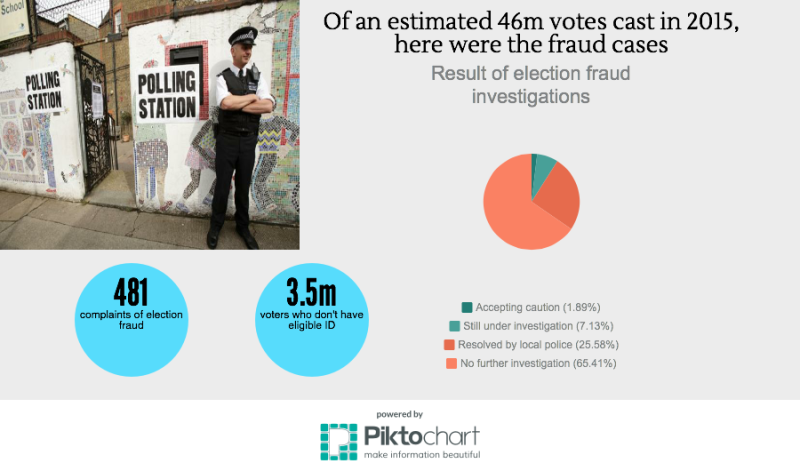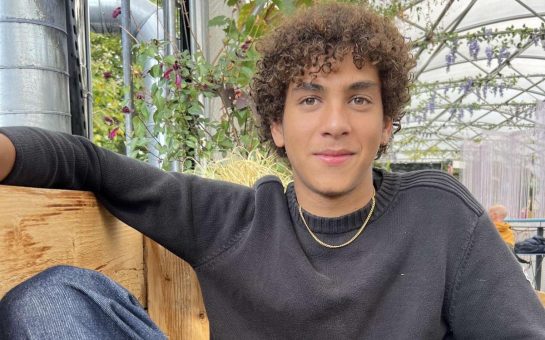South west London councils have offered a mixed response to a proposal to introduce mandatory voter ID for elections.
The government announced last month that 18 English authorities – including Bristol, Birmingham, and Slough – would participate in a pilot from 2018 in order to crack down on voter fraud.
While no south west London authorities are among the 18 currently confirmed, the Electoral Commission has said more authorities will be invited to participate.
Nine south west London authorities – Croydon, Hammersmith & Fulham, Kensington and Chelsea, Kingston-upon-Thames, Lambeth, Merton, Richmond, Sutton and Wandsworth – were asked about their interest.
Eight authorities said they had no plans to participate in the pilot yet, with Hammersmith & Fulham saying they do not know how wide the invitation will be.
None of the authorities said there was evidence of electoral fraud in their borough.
However, there were more mixed responses when the authorities were asked if the changes could disenfranchise those without ID.
A Croydon council spokesperson said: “Voters in Northern Ireland have to produce an electoral identity card to be able to cast a vote.
“This has not had any effect on voter turnout.
“The key is to ensure that voter registration campaigns are run nationally and locally to ensure all eligible electors are on the register.
“We would then expect voter turnout to remain consistent with previous elections.”
Other authorities cautiously welcomed the proposals, with Richmond, Sutton and Kingston saying the results of the pilot need to be considered first – indicating they may participate after 2018.
Only Hammersmith & Fulham expressed concerns that mandatory voter ID would disenfranchise those without ID.
The Electoral Commission estimates that 7.5% of the electorate – around 3.5m – have no relevant ID.

Similar US laws have been criticised for disproportionately effecting people of colour, working-class voters, and those who have different names on documents such as trans people and married women.
An Electoral Reform Society (ERS) spokesperson said: “Raising barriers to democratic participation could just put people off voting – and evidence from the US shows those most excluded from the political process are worst affected by strict ID laws.”
With more than 46m votes cast in the 2015 general and local elections, there were just 481 cases of alleged fraud and 184 other complaints.
In around two-thirds of cases (312), police took no further investigation.
In their 2015 report, the Electoral Commission said: “Based on the data recorded by police forces to date, there have been no large-scale cases of proven electoral fraud relating to elections in 2015.”
The ERS spokesperson added: “There is simply no evidence to suggest that electoral fraud is widespread across the UK. Where it has occurred it has been isolated and should be tackled locally.”
Featured image courtesy of secretlondon123 via Flickr, with thanks




